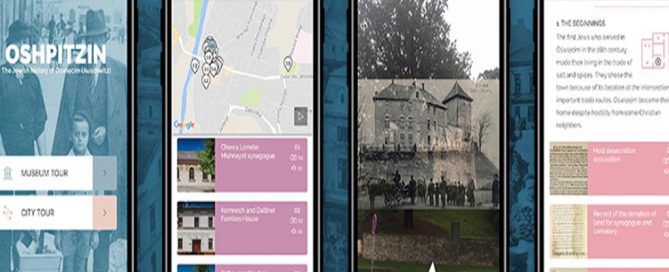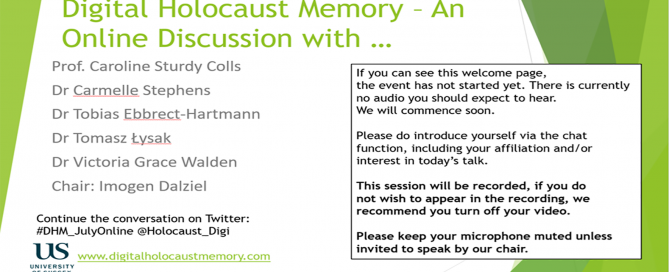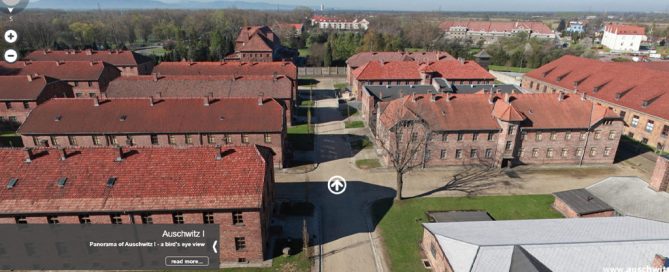Interactivity in Holocaust Memory
When digital media was still being called new media, it was often referred to also as interactive media. The suggestion was, even by those critical of this term, that what distinguished this medium from others was its interactivity even if the interactivity was somewhat illusionary. This of course paved the wave for assertions that pre-digital media was and continues to be passive, whilst digital media introduces radically new ways to turn audiences into active users. Television and film audiences, newspaper and magazine readers, and museum visitors have always been active in one way or another. Digital media may offer new and different forms of activity, but it also continues and introduces methods of ideological control of audiences too. We would best think about interactivity via a number of spectra: From user agency to creator control (although we should never assume users can have fully independent agency in a way that means creators lose all control and vice versa) From cognitive activity to full-body involvement (and vice versa, from simply gestural involvement to bodily engagement which encourages critical thought) From encounter (dialogue) to a more networked, collective form of participation (although again we must be sceptical of the idea of full [...]


